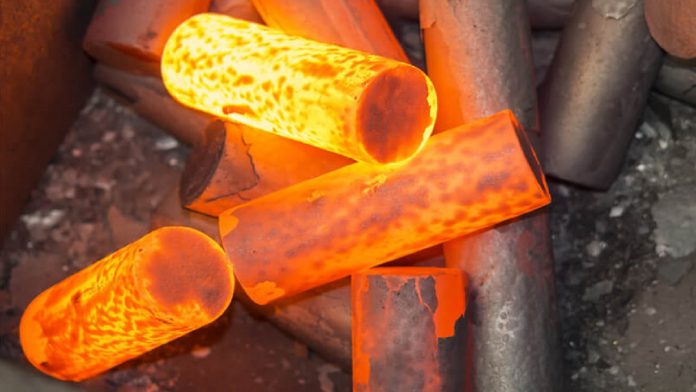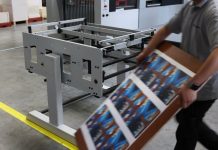In the ever-evolving landscape of manufacturing, the pursuit of sustainability has become a paramount concern. As the world grapples with environmental challenges, industries are reevaluating their processes to minimize their carbon footprint and contribute to a greener future. Among these industries, forging parts manufacturer like Cxin Forging has emerged as pioneers in sustainable manufacturing practices, particularly in the production of electric bike parts.
The Essence of Sustainable Manufacturing
Sustainable manufacturing is more than just a buzzword; it represents a fundamental shift in the way we create and consume products. At its core, sustainability seeks to balance the needs of today without compromising the needs of tomorrow.
Forging: A Sustainable Choice
When it comes to crafting components for electric bikes, the choice of manufacturing method plays a pivotal role in sustainability. Hot forging, a method employed by forging parts manufacturers, stands out as an environmentally conscious choice. Let’s delve into why hot forging is making waves in the world of sustainable manufacturing.
Efficient Use of Materials
One of the hallmarks of sustainable manufacturing is the efficient use of raw materials. Hot forging excels in this regard. The process involves heating a metal blank and shaping it using a die, resulting in minimal material wastage. Unlike traditional machining processes that produce substantial scrap, hot forging maximizes the utility of each material, reducing the need for resource-intensive extraction and processing.
Energy Efficiency
Energy consumption is a critical factor in assessing the sustainability of a manufacturing process. Hot forging proves to be an energy-efficient method. The high temperatures required for shaping materials are offset by the fact that the process doesn’t demand the continuous use of high-energy machinery. It’s a cyclical process where the heat can be reused, further minimizing energy expenditure.
Durability and Longevity
Electric bikes, like any other mode of transportation, must be built to last. Sustainability isn’t just about reducing waste during production but also about extending the lifespan of products. Forged components in electric bikes boast exceptional durability, ensuring they withstand the rigors of daily use. This longevity translates to fewer replacements and less waste in the long run.
Reduced Emissions
Hot forging is also notable for its lower emissions compared to some alternative manufacturing methods. With a reduced reliance on continuous machinery, it generates fewer greenhouse gases. Forging parts manufacturers are increasingly aware of their environmental responsibilities and are embracing eco-friendly practices to minimize their carbon footprint.
The Role of Electric Bikes
The surge in the popularity of electric bikes has further elevated the importance of sustainable manufacturing in the forging industry. Electric bikes are widely recognized as an eco-friendly mode of transportation, producing zero emissions and reducing reliance on fossil fuels. Consequently, the components used in these bikes must align with the sustainability ethos of the industry.
Conclusion
Sustainable manufacturing is no longer an aspiration but a necessity in our quest to protect the planet. Forging parts manufacturers, through the adoption of methods like hot forging, are leading the way in reducing waste, conserving energy, and promoting eco-friendly practices. These efforts contribute to the creation of sustainable transportation options that pave the way for a cleaner and greener future.














